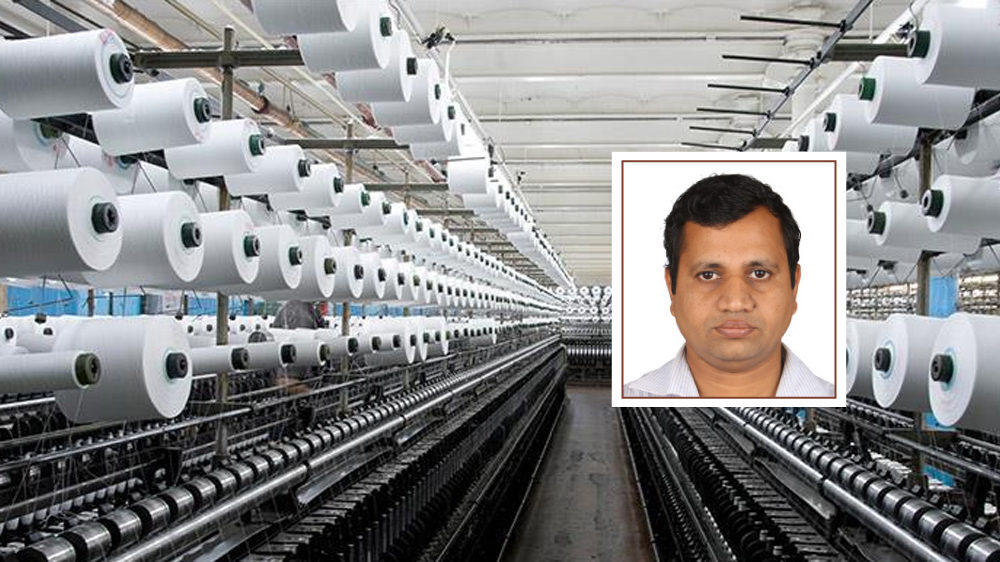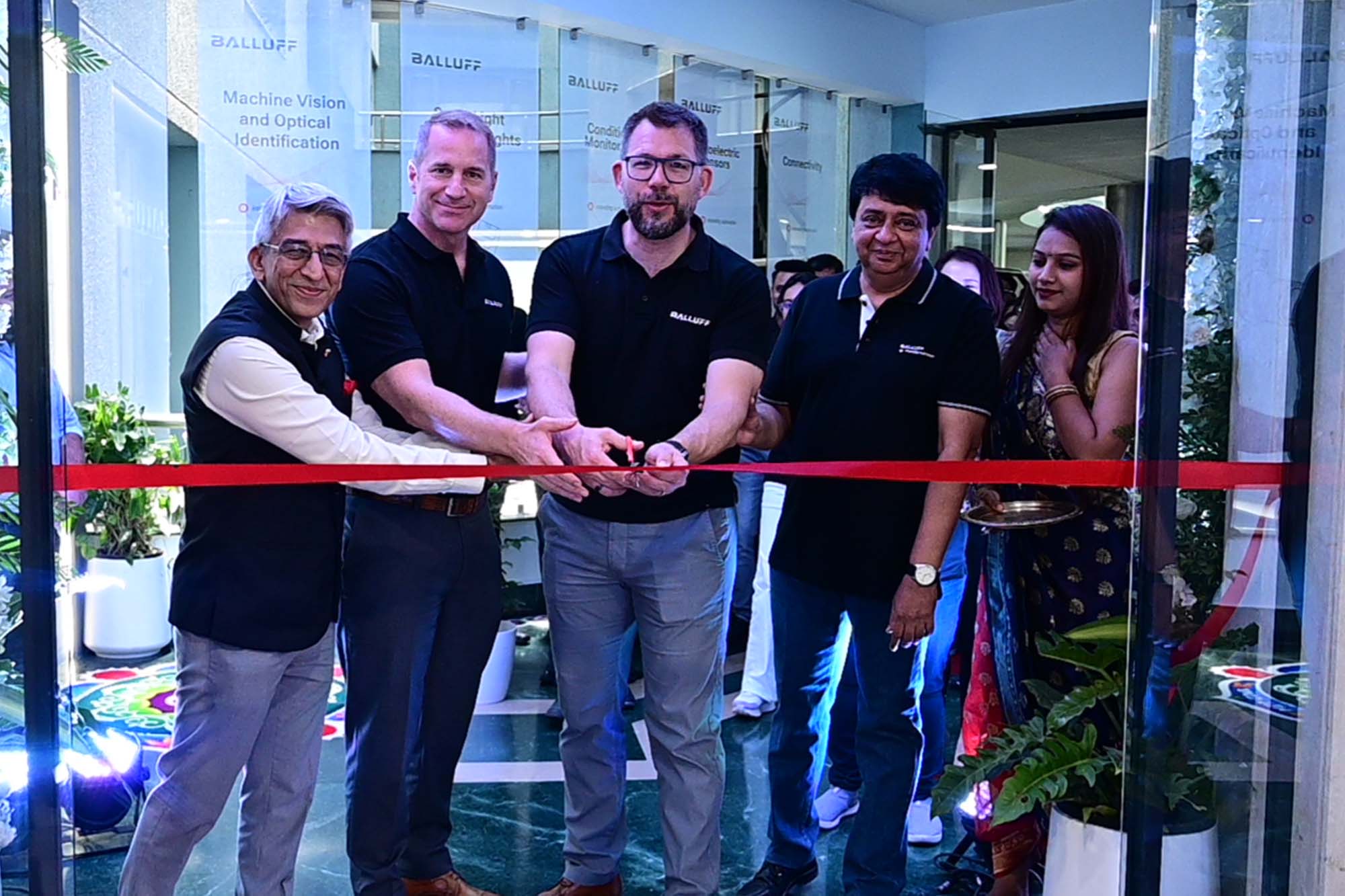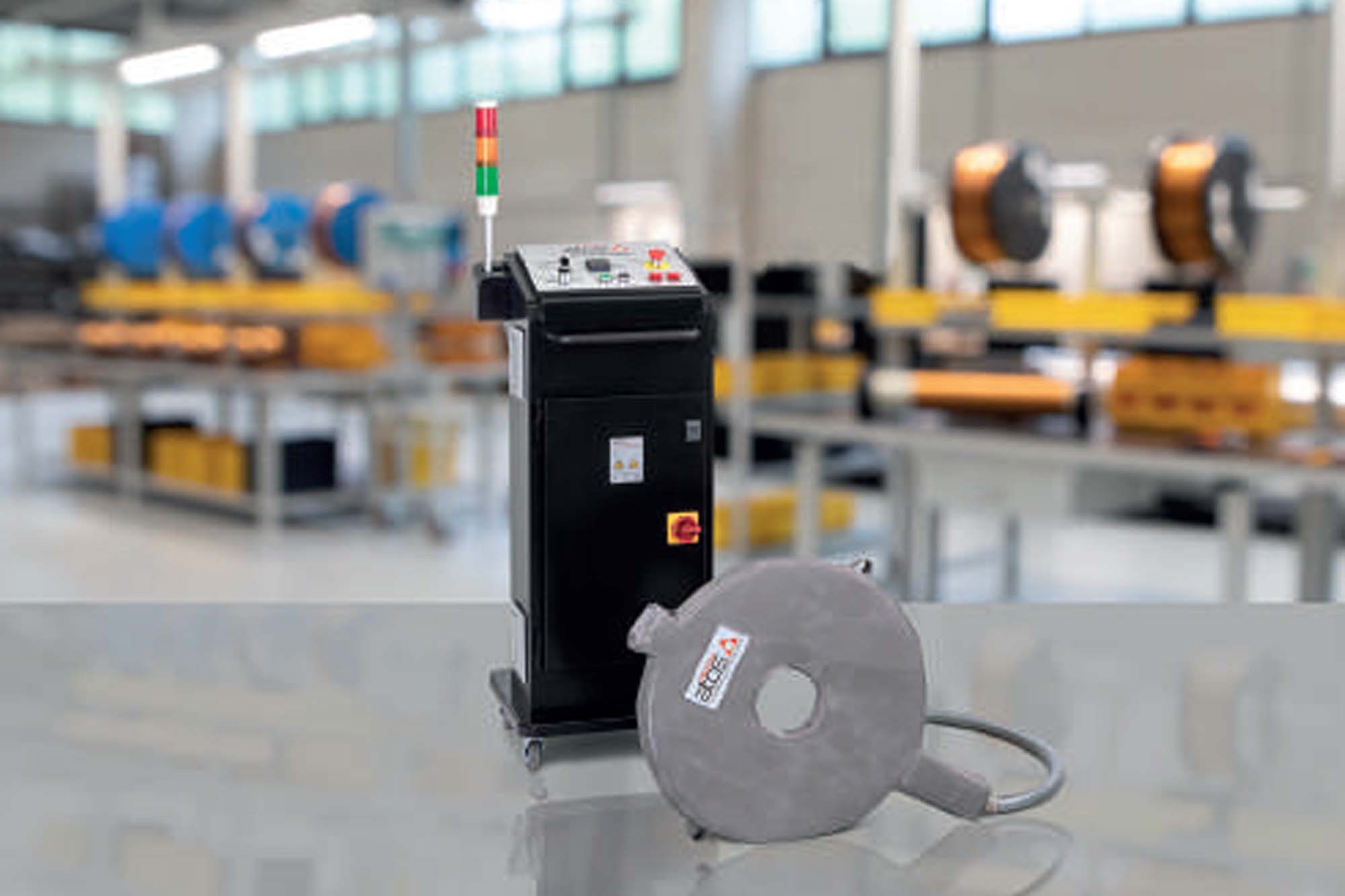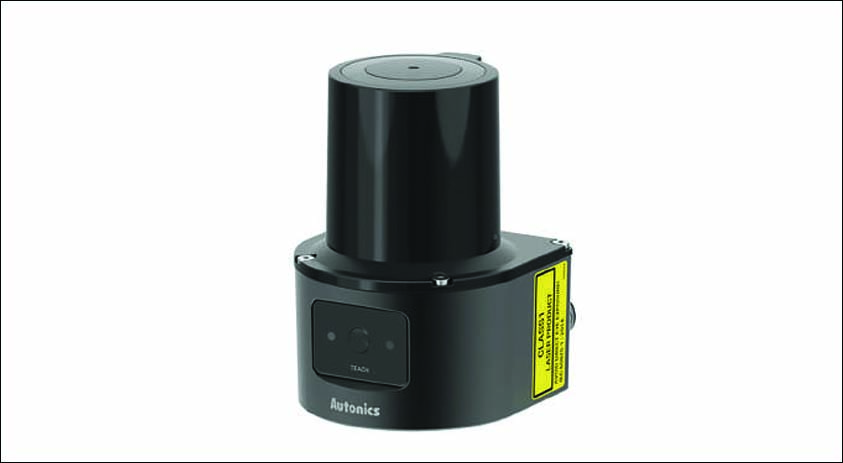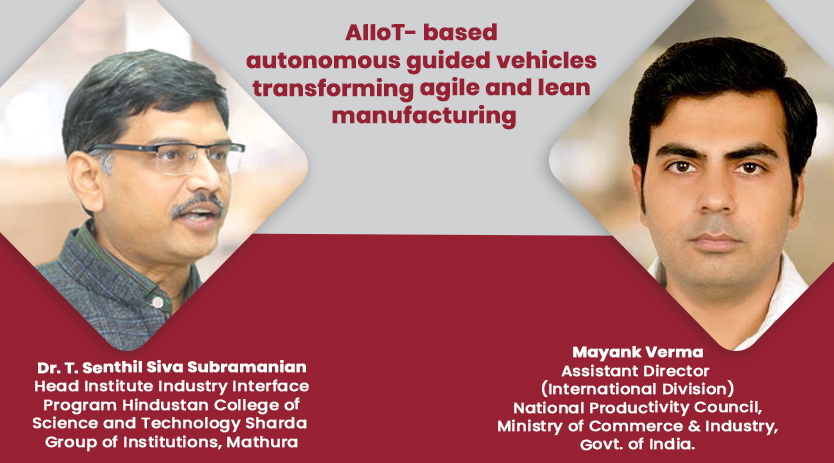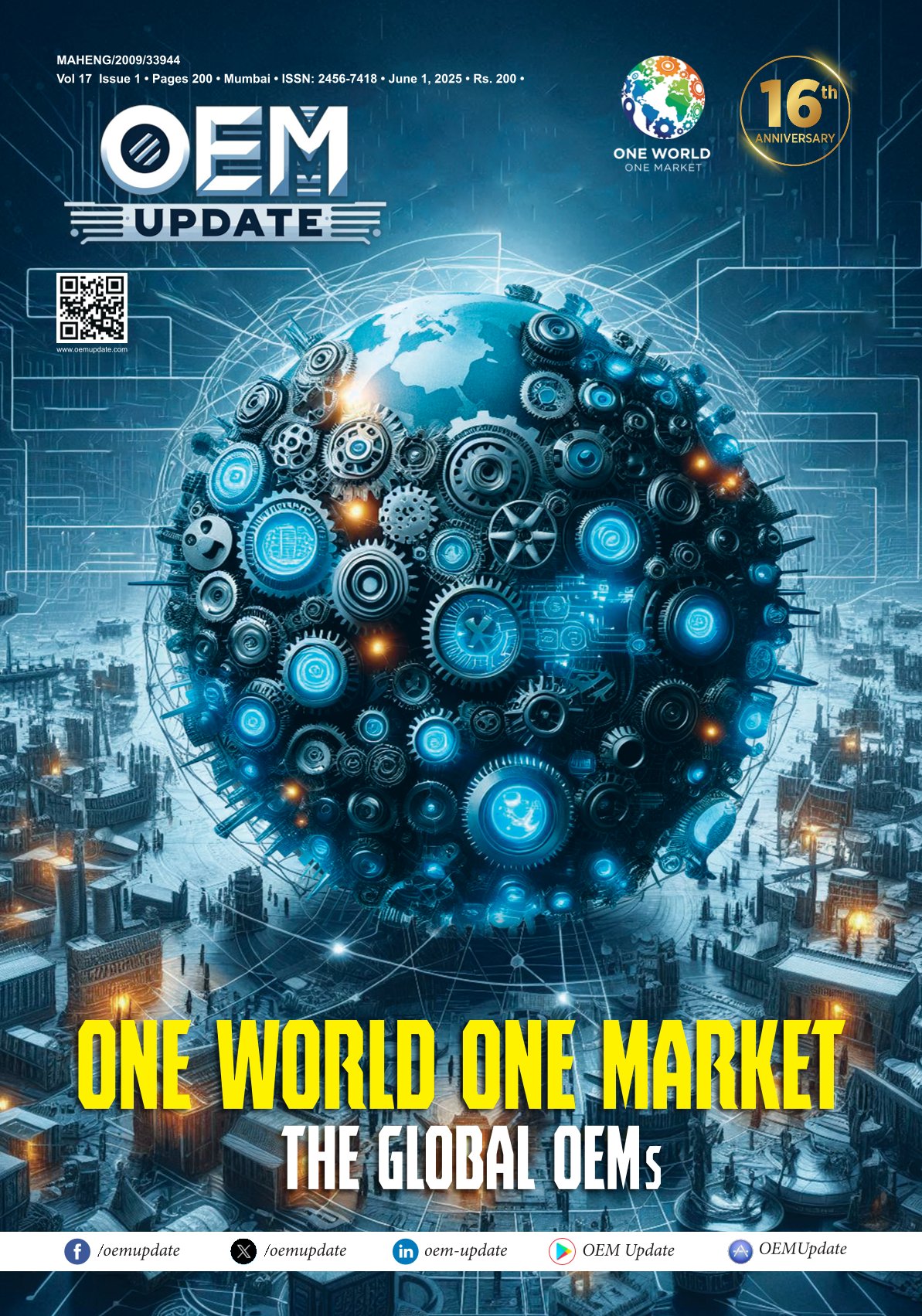Factory automation: How to curb costs and save energy in the textile sector
By OEM Update Editorial August 13, 2018 12:40 pm IST
The Indian textile industry contributes 14 per cent to overall Index of Industrial Production (IIP) and approximately 13 per cent to country’s total exports. Also, it is the second-largest employer after agriculture. Currently, the Indian textile industry is besieged by rising energy cost which in turn has led to a fall in the over all performance of the industry. Energy is a major cost factor for the textile industry, around 15-20 per cent of the total production cost comes under the head of power or energy. In such a scenario, need for energy-efficient machines and equipment is the foremost challenge for the industry. Moreover, as textile is a significant item in India’s export basket, the high production cost is raising various barriers in international market. Consequently, India’s competition with China, Bangladesh, and Vietnam is getting tough every new day. Hence, curbing the energy cost to enhance efficiency and agility has become the top priority of the sector today.
Factory automation – A perfect remedy
A major key to deal with the quandary of rising costs and cost competitiveness is automation. Gone are the days when one could see a labour-intensive textile mill where men and women were used to toiling over looms and spinning jacks. Today, automation has made an all-pervasive impact on the textile industry, from quality improvement to employees’ productivity. Apart from making the plant more efficient, automation aids applications where synchronisation is required and helps where speed and precision are involved to monitor and regulate the operation process at every stage.
Mitsubishi Electric have been continually producing innovative factory automation techniques which are tremendous in up-grading the operational and maintenance practices of textile companies. For instance, we offer energy efficient controls to deliver an efficient solution for highly complex mechanisation processes. Using our variable frequency drives (VFDs) and servos for synchronisation and programmable logic controllers (PLCs) for logic and human machine interfaces (HMIs) for visibility, textile companies in India are experiencing desirable changes in operations and outputs. Additionally, new features such as optimum excitation control give 3 to 4 per cent energy saving than the standard variable frequency drive. Also, features such as kWh display on the drive are pretty useful to increase the visibility of the energy consumption. Now, with the onset of human machine interface (HMI), communication between operators of different applications and machines at multiple locations is much easier and effective.
Role of customised automation in reducing the operational cost
With an increasingly competitive global business environment, most textile companies are seeking opportunities to reduce production costs without influencing the product yield and quality. But, with the rising energy prices, businesses are diluting their profits. To deal with this problem successfully, cost-effective investment in energy-efficient and customised technologies should be the foremost motto of textile companies.
Mitsubishi Electric offers a vast range of automation and processing technologies, including controllers, drive products, which ascertain speed and downtime optimisation of the machines besides improving quality, reducing recycle time and enabling more production in less time. Furthermore, VFDs and servos have features such as auto-tuning of the load, which help to optimise the energy: a major cost factor for the textile industry.
Crux of the storyIn a nutshell, recent advances in automation for the textile industry have resulted in a major cut in the increasing costs due to skyrocketing energy bills. In order to mitigate this, Mitsubishi Electric India’s (FAID) has several cost-effective automation solutions, designed for the industry. Automation has now become a determining factor in whether or not a company will remain competitive within the textile industry. Investing in automated equipment is creating a valuable resource for large production volumes, which, in turn, are increasing profitability while reducing energy costs.
Authored by:
N. Sivasankar,
Sr. Manager- Marketing,
Factory Automation and Industrial Division,
Mitsubishi Electric India Pvt. Ltd
Cookie Consent
We use cookies to personalize your experience. By continuing to visit this website you agree to our Terms & Conditions, Privacy Policy and Cookie Policy.



